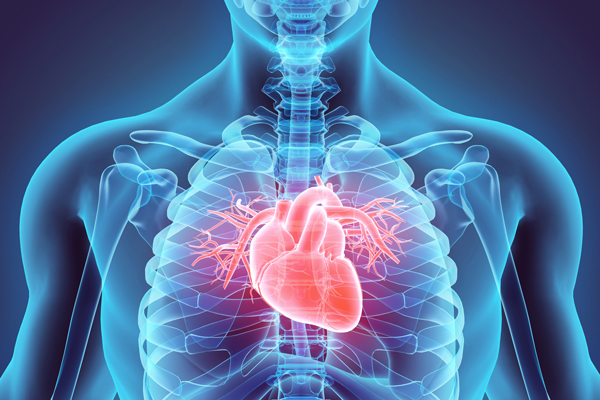Heart disease is the leading cause of death in the world, accounting for approximately 31% of all global deaths. The good news is that heart disease is largely preventable through lifestyle changes, including diet. Plant-based diets have been shown to be highly effective in reducing the risk of heart disease and improving heart health.
What is a Plant-Based Diet?
A plant-based diet is a diet that emphasizes whole, minimally processed plant foods and limits or avoids animal products. Plant-based diets can include fruits, vegetables, whole grains, legumes, nuts, and seeds. Some plant-based diets also include small amounts of lean animal protein, such as fish or poultry.
How Do Plant-Based Diets Benefit Heart Health?

- Lower Cholesterol Levels: Plant-based diets are naturally low in saturated fat and cholesterol, which are major contributors to high cholesterol levels. High cholesterol levels can increase the risk of heart disease. Studies have shown that plant-based diets can lower cholesterol levels and reduce the risk of heart disease.
- Reduce Inflammation: Chronic inflammation is a major contributor to heart disease. Plant-based diets are rich in anti-inflammatory nutrients, such as fiber, antioxidants, and phytochemicals. These nutrients can help reduce inflammation and improve heart health.
- Lower Blood Pressure: High blood pressure is a major risk factor for heart disease. Plant-based diets are rich in potassium, which can help lower blood pressure. Studies have shown that people who follow plant-based diets have lower blood pressure than those who consume a traditional Western diet.
- Reduce the Risk of Type 2 Diabetes: Type 2 diabetes is a major risk factor for heart disease. Plant-based diets are rich in fiber, which can help regulate blood sugar levels and reduce the risk of type 2 diabetes.
How to Adopt a Plant-Based Diet
Adopting a plant-based diet can be challenging, especially if you are used to consuming a lot of animal products. Here are some tips to help you transition to a plant-based diet:
- Start Slow: Start by gradually replacing one or two meals a week with plant-based options. As you become more comfortable with plant-based meals, you can increase the frequency.
- Experiment with New Foods: Try new fruits, vegetables, grains, and legumes. There are many delicious plant-based foods to choose from, so don’t be afraid to try new things.
- Plan Ahead: Plan your meals and snacks ahead of time to ensure that you have healthy plant-based options on hand.
- Get Support: Join a plant-based diet support group or find a friend who is also interested in adopting a plant-based diet. Having support can help keep you motivated and accountable.
Adopting a plant-based diet can be a powerful way to improve heart health and reduce the risk of heart disease. By incorporating more plant-based foods into your diet and reducing or eliminating animal products, you can enjoy a wide range of health benefits and feel good about making a positive impact on the environment and animal welfare.

